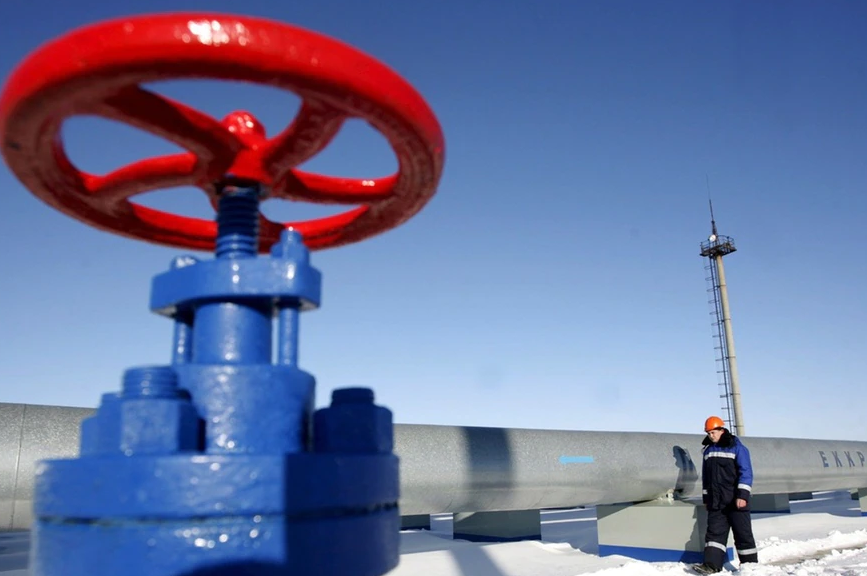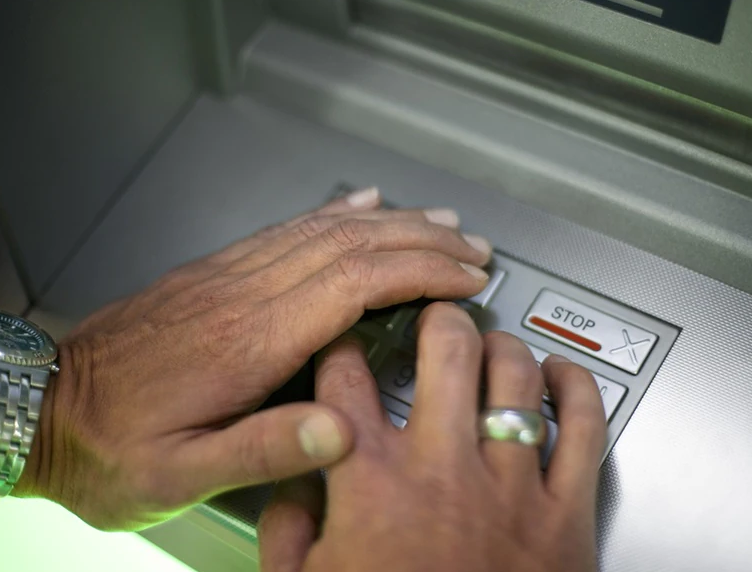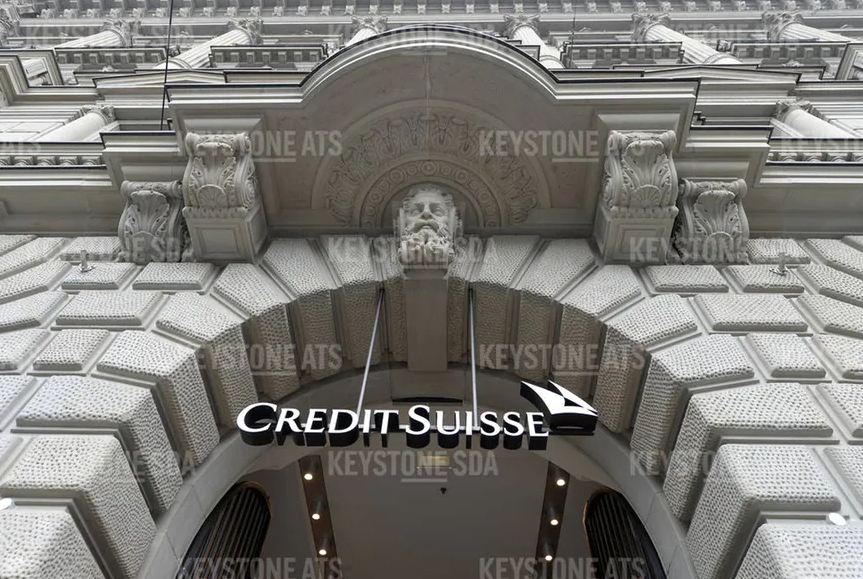The war in Ukraine and consequent threat of energy insecurity is forcing many countries to reconsider their existing policies. The ripple effect has also reached Switzerland, which is already reassessing its gas supply for the coming winter. As the largest exporter of oil and gas combined worldwide, Russia represents a critical piece of the global energy puzzle. The invasion of Ukraine by Russia and the sanctions which followed have already impacted where oil and gas will come from in the future. The United States announced it is banning oil imports from Russia. Meanwhile, the European Commission has presented a plan to reduce the bloc’s reliance on Russian gas by two-thirds this year. Switzerland too is evaluating the security of its future energy supply and
Topics:
Swissinfo considers the following as important: 3.) Swissinfo Business and Economy, 3) Swiss Markets and News, Business, Featured, newsletter
This could be interesting, too:
Nachrichten Ticker - www.finanzen.ch writes Die Performance der Kryptowährungen in KW 9: Das hat sich bei Bitcoin, Ether & Co. getan
Nachrichten Ticker - www.finanzen.ch writes Wer verbirgt sich hinter der Ethereum-Technologie?
Martin Hartmann writes Eine Analyse nach den Lehren von Milton Friedman
Marc Chandler writes March 2025 Monthly
The war in Ukraine and consequent threat of energy insecurity is forcing many countries to reconsider their existing policies. The ripple effect has also reached Switzerland, which is already reassessing its gas supply for the coming winter.
As the largest exporter of oil and gas combined worldwide, Russia represents a critical piece of the global energy puzzle. The invasion of Ukraine by Russia and the sanctions which followed have already impacted where oil and gas will come from in the future. The United States announced it is banning oil imports from Russia. Meanwhile, the European Commission has presented a plan to reduce the bloc’s reliance on Russian gas by two-thirds this year. Switzerland too is evaluating the security of its future energy supply and production.
“Russia is a significant supplier of natural gas and uranium to Switzerland and the rest of Europe. So, Russia’s invasion of Ukraine and how the rest of the world, including Switzerland, reacted with sanctions against Russia have destabilised the energy supply,” says Aya Kachi, professor of energy policy at the University of Basel.
Gas makes up roughly 15% of Switzerland’s final energy consumption and is mostly used for heating and cooking. Around half of this comes from Russia, although there are no direct contractual relations with Russian companies. Swiss distributors mainly source their gas from within the European Union, such as from Germany and France.
To prepare for the 2022-2023 winter season, the Swiss government has stepped up efforts to procure gas, storage capacity as well as imports of liquified natural gas (LNG), according to an announcementExternal link earlier this month. The Swiss government has also waived anti-trust laws so that gas companies can strike agreements together regarding storage and supply.
While the government assures gas supply is secure this winter, it nonetheless warns shortages remain a “residual risk”. At the moment, Switzerland does not have a large capacity to store natural gas nor does it have its own gas reserve. This means that any major disruption – such as if Russia cuts off gas supplies to Europe – would require consumers to reduce their consumption.
“Strong and concerted efforts will need to be made in order to ensure that the energy needed for residential as well as industrial demand will be available,” says Beat Ruff, deputy head of infrastructure, energy and environment at the Swiss business federation economiesuisse.
Energy in transition
Gas – which accounts for a relatively small source of energy in Switzerland – is only one part of the story, however. Switzerland is currently embarking on an ambitious energy transition plan called Energy Strategy 2050, which was sparked by the Fukushima reactor disaster in Japan in 2011. The main objectives of this strategy are to maintain a secure energy supply, phase out nuclear power and reduce greenhouse gas emissions.
The ongoing war in Ukraine is accelerating these discussions and forcing Switzerland to confront its longer-term energy strategy. “The need to increase the security of supply has become even more urgent,” says Patrick Dümmler, a senior fellow at the think tank Avenir Suisse. “Given the need to substitute fossil sources in mobility and heating, we need to build new capacities for power generation.”
This urgency was highlighted at a lengthy debate last week in the Swiss parliament about the government’s policy and possible consequences of the war in Ukraine.
“We have to expand renewables with all our might, more speed is required. We also have to cut back on wasting energy,” declared Energy Minister Simonetta Sommaruga.
“Energy trinity”
In the short-term, this means Switzerland will have to shore up storage capacities and establish a diverse energy mix and portfolio of suppliers. This may include building up hydropower and replacing Russian gas with LNG from the US, according to Dümmler.
This will pose the challenge to landlocked Switzerland of accessing the LNG. Natural gas is liquified to reduce its volume by about 600 times so that it can be easily transported by tanker ships. By heating it, the gas returns back to its original state (regasification) and can be fed into the pipeline network. But the port terminals in Europe needed for this process are already reaching their limits, according to Reuters data.
In the long-term, an option would be to boost renewable gas production, otherwise known as biomethane (which comes from organic waste such as manure or food scraps). The goal would be to eventually transform the whole gas supply to renewable and climate neutral energy. Experts agree that any scenario should involve a level of import dependency as full energy independence would be too costly for Switzerland.
According to the Swiss Energy Foundation, Switzerland is already 74.6% dependent on other countries for its final energy consumption. This has only decreased by about 5% since 2001. This figure could drop further if Switzerland sticks closely to its Energy Strategy 2050 and invests in more environmentally-friendly sources at home, such as solar power. But dependency will always remain high.
The sticking point here is striking a balance between energy security, sustainability and sovereignty. Philipp Thaler, a lecturer of energy governance at the University of St.Gallen, refers to this as the “impossible energy trinity”. “There’s somehow one objective too much in this equation,” he says. In his view, Switzerland would have to accept trade-offs, such as losing energy sovereignty or sacrificing sustainability.
Kachi believes a balance between security and sustainability can only be achieved by weighing up different energy options at once. “If the government proposes new gas-fired power plants, for instance, its environmental and geopolitical risks must be compared also with those of nuclear, hydro, and new renewable energies – all the viable options. This is a challenging task that we have not managed well so far.”
All eyes on Europe
Ultimately securing energy supply in Switzerland will depend on close cooperation with Europe. All of Switzerland’s energy imports rely on European infrastructure: roads, gas and oil pipelines.
“Given that all of the fuel imports come via European pathways, one thing is going to be central: good coordination with the EU,” says Hannes Weigt, professor of energy economics at the University of Basel. “As there is currently a lot of movement on the EU side on how to handle the bigger energy supply situation, the options Switzerland will have, will strongly depend on what they decide.”
Russia remains the largest exporter of oil, natural gas and coal to the EU, which imports roughly 40% of its gas and 25% of crude oil from the country. This dependency has held Europe back from outright banning Russian energy imports like its American and British counterparts. Nevertheless, the bloc is still taking steps to boost LNG shipments and accelerate the roll-out of renewable gases.
How Switzerland engages with its neighbours from here could prove critical for the landlocked country. “It’s this little country in the heart of Europe, that is not a member of the European Union nor a member of any energy agreements with its neighbours,” says Thaler. “What happens if there’s a shortage of electricity or gas? Would the neighbours first cut supplies to Switzerland?”
In 2021, Switzerland terminated framework agreement negotiations with the EU, driving away prospects of an electricity agreement in the short to medium-term. This means it is currently excluded from any solidarity agreements for the mutual supply of gas in emergencies. Given the breakdown of prior negotiations between Switzerland and the EU, Kachi wonders whether it is still possible for Switzerland “to achieve cooperation or gain the necessary support by the EU if a multilateral negotiation over the resource supply becomes required in the future”.
Energy price crunch
The geopolitical climate and ongoing uncertainty is also leading to a global increase in energy prices. As of Friday March 18, the price of Brent crude was $106 (CHF99) a barrel after nearly reaching $130 the previous week. “In the mid-term, we will see a reaction in the markets: demand will decrease given the higher prices, consumers will switch to fossil-free technologies and imports from non-Russian sources will increase,” says Dümmler. He adds that the impact of rising energy prices on inflation will be lower in Switzerland because “a rising Swiss franc dampens the price increase of imported energy sources”. The Swiss franc recently touched parity against the euro: CHF1 is now worth €0.97.
Still, the repercussions are being felt in Swiss households. According to official statistics, the price of heating oil increased by 8.5% in February – a surge of over 48% compared with the same time last year. The cost of petrol has also jumped by 5.3% from January to February this year alone.
Tags: Business,Featured,newsletter









